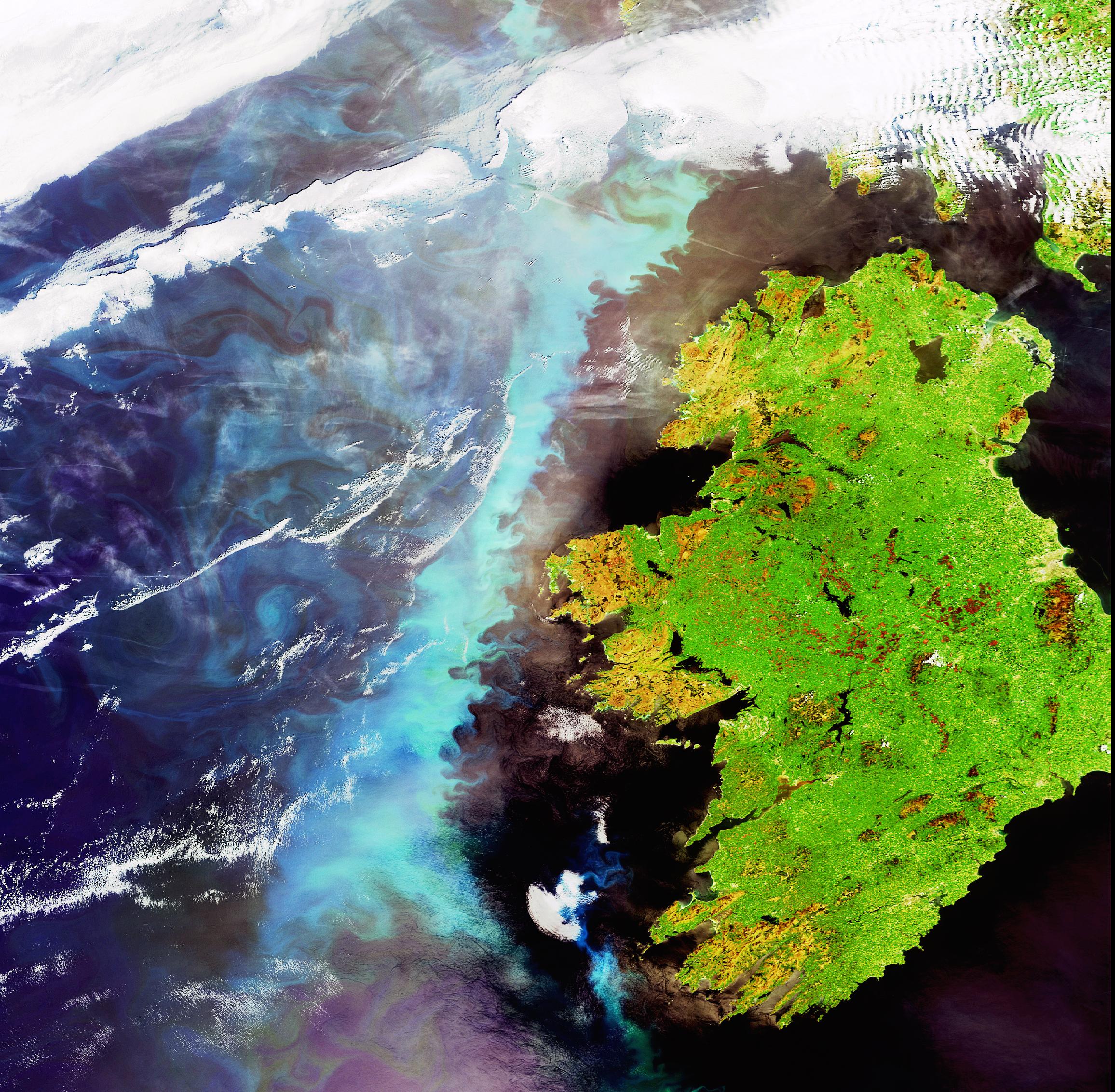Research Associate in Geomorphology
- @UlsterUniGES

- Mar 6, 2023
- 2 min read
About the vacancy: This is fixed-term post until 31 January 2025, and is full-time working on a 100% contract. This post is available on a job share basis for applicants wishing to work part time. Flexible hours and work place can be facilitated, provided research and in-field obligations are met.
Vacancy context: This is an amazing opportunity to work with a large interdisciplinary team supporting safeguarding of heritage under strain from climate change and conflict.
The Partnership for Heritage and Heritage in the Crossfire teams, funded by the British Council, use a combination of geomorphological and archaeological techniques to identify and quantify environmental and human threads to the Amazigh heritage in the Jebel Nafusa and Tatouine region.
As the expert on environmental change in semi-arid environments, you will be responsible for mapping and quantification of geomorphological processes related to climate change. This includes substantial autonomy in developing an overarching environmental research strategy for the region, and the design and remote supervision of appropriate smaller-scale research projects for the project’s Libyan and Tunisian trainees.
You are therefore expected to contribute to in situ training in Tataouine, specifically focussed on geomorphological field methods for climate change assessment. You are also required to carry out geomorphological fieldwork within the Tataouine region to produce GIS-based climate change risk maps, to be integrated with long-term heritage conservation strategies and will be working closely with the intangible heritage team to develop new interdisciplinary approaches to qualitative and quantitative long-term risk assessment for heritage in this semi-arid region.
Essentials: Being in possession, or close to submission, of a PhD in environmental science and/or geomorphology, particularly focussed on semi-arid and arid environments.
You will be capable of the design and execution of field-based research, investigating the effect of climate change on the hydrology and sedimentology of the region, and subsequent data analysis for GIS mapping. Critically, you are willing to travel to Tunisia to carry out fieldwork, and train and supervise the participants of the Partnership for Heritage programme in geomorphological field techniques.
For application visit https://www.linkedin.com/jobs/view/3506381482/





Comments